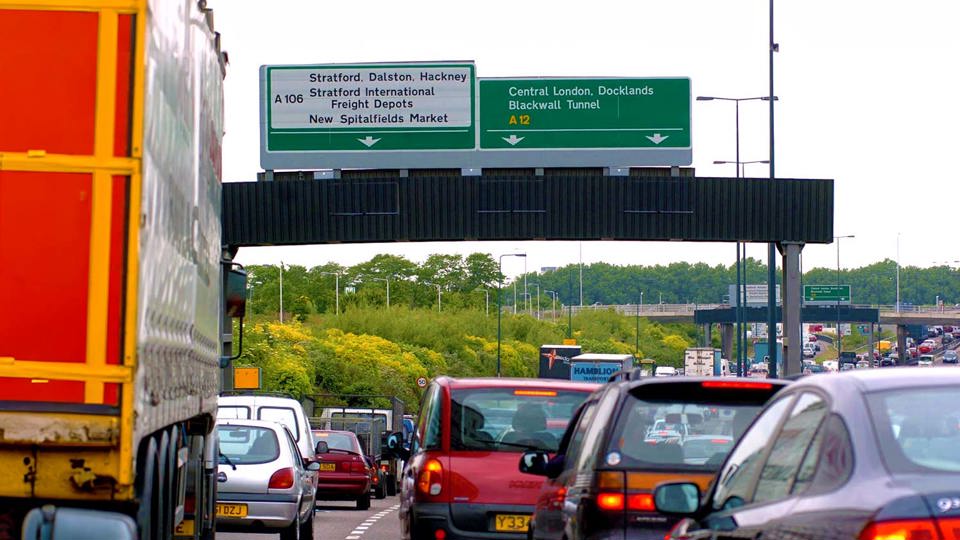Safety, congestion and travel disruption caused by the closures of the Blackwall Tunnel have been revealed in telematics data from more than 16,000 commercial vehicles.
The Geotab analysis showed that 5,500 journeys were rerouted on alternative roads through central London to avoid Blackwall Tunnel closures in 2024, collectively covering 91,000 miles over 12 months.
The data highlights congestion and safety concerns that Geotab argues will not necessarily end when construction of the Silvertown Tunnel is complete.
The Blackwall Tunnel is undergoing closures to support the construction of the Silvertown Tunnel, aimed at reducing journey times and to help manage air pollution in south-east London.
There are concerns, however, that new toll charges for using both Blackwall and Silvertown Tunnels will increase traffic on alternative routes, intensifying congestion and safety concerns in those areas, says Geotab.
Its study bears this out, with travel time on East Smithfield, for example, increasing by 43%.
The Blackwall closures in combination with restrictions on the Rotherhithe Tunnel redirected more vehicles toward Tower Bridge, intensifying its usage.
The average daily vehicle count on Tower Bridge increased by 18%, with dangerous driving incidents increasing by 231%, and lorries experiencing a 341% rise in harsh braking events - potentially impacting pedestrian safety.
“Our data shows that the Blackwall Tunnel closures have had a negative impact on traffic flow and safety in other areas,” said Aaron Jarvis, associate vice president, sales and business development, EMEA, Geotab.
“We cannot say now whether the introduction of a toll to the Blackwall Tunnel for the first time since it opened in 1890 will continue the displacement of road traffic to these other areas, but we do know that commercial vehicles spending more time on the road going shorter distances is not good for local communities, the economy, air pollution, or driver well-being.”
Geotab’s recent mental health survey highlighted the impact of driver stress with 90% of lorry and van drivers saying work-related stress negatively impacts their driving.
For many, congestion heightens concerns about job performance, safety, and overall well-being.
“These disruptions add significant challenges for commercial drivers who are under constant pressure to meet delivery schedules,” added Jarvis.
“The additional time spent in congestion not only increases operational costs but also contributes to increased driver stress, as they navigate unpredictable travel conditions.”





















Login to comment
Comments
No comments have been made yet.